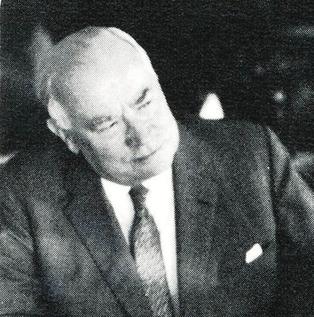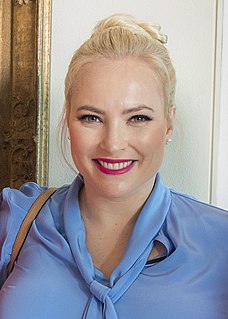A Quote by Howard Zinn
While some multimillionaires started in poverty, most did not. A study of the origins of 303 textile, railroad and steel executives of the 1870s showed that 90 percent came from middle- or upper-class families. The Horatio Alger stories of "rags to riches" were true for a few men, but mostly a myth, and a useful myth for control.
Related Quotes
And that is true in 85 percent of kids; it's kids who live in old, dilapidated, mostly urban housing. But that still leaves 15 percent of the cases that occur in middle- or upper-class families, usually associated with home renovations. People are sanding paint, removing banisters, cleaning up windowsills, and they don't realize that they're spewing lead dust around in the house. And then the kids get it.
Now the story of Christ is simply a true myth: a myth working on us the same way as the others, but with this tremendous difference that it really happened: and one must be content to accept it in the same way, remembering that it is God’s myth where the others are men’s myths: i.e., the Pagan stories are God expressing Himself through the minds of poets, using such images as He found there, while Christianity is God expressing Himself through what we call 'real things'.
Myth was regarded as primary; it was concerned with what was thought to be timeless and constant in our existence. Myth looked back to the origins of life, to the foundations of culture, and to the deepest levels of the human mind. Myth was not concerned with practical matters, but with meaning. Unless we find some significance in our lives, we mortal men and women fall very easily into despair. The mythos of a society provided people with a context that made sense of their day-to-day lives; it directed their attention to the eternal and the universal.
I have always considered imaginative truth to be more profound, more loaded with significance, than every day reality... Everything we dream about, and by that I mean everything we desire, is true (the myth of Icarus came before aviation, and if Ader or Bleriot started flying it is because all men have dreamed of flight). There is nothing truer than myth... Reality does not have to be: it is simply what is.
If you were a successful upper-middle-class Negro girl in the 1950s and '60s, you were, in practice and imagination, a white Protestant upper middle-class girl. Young, good-looking white women were the most desirable creatures in the world. It was hard not to want to imitate them; it was highly toxic, too, as we would learn.








































